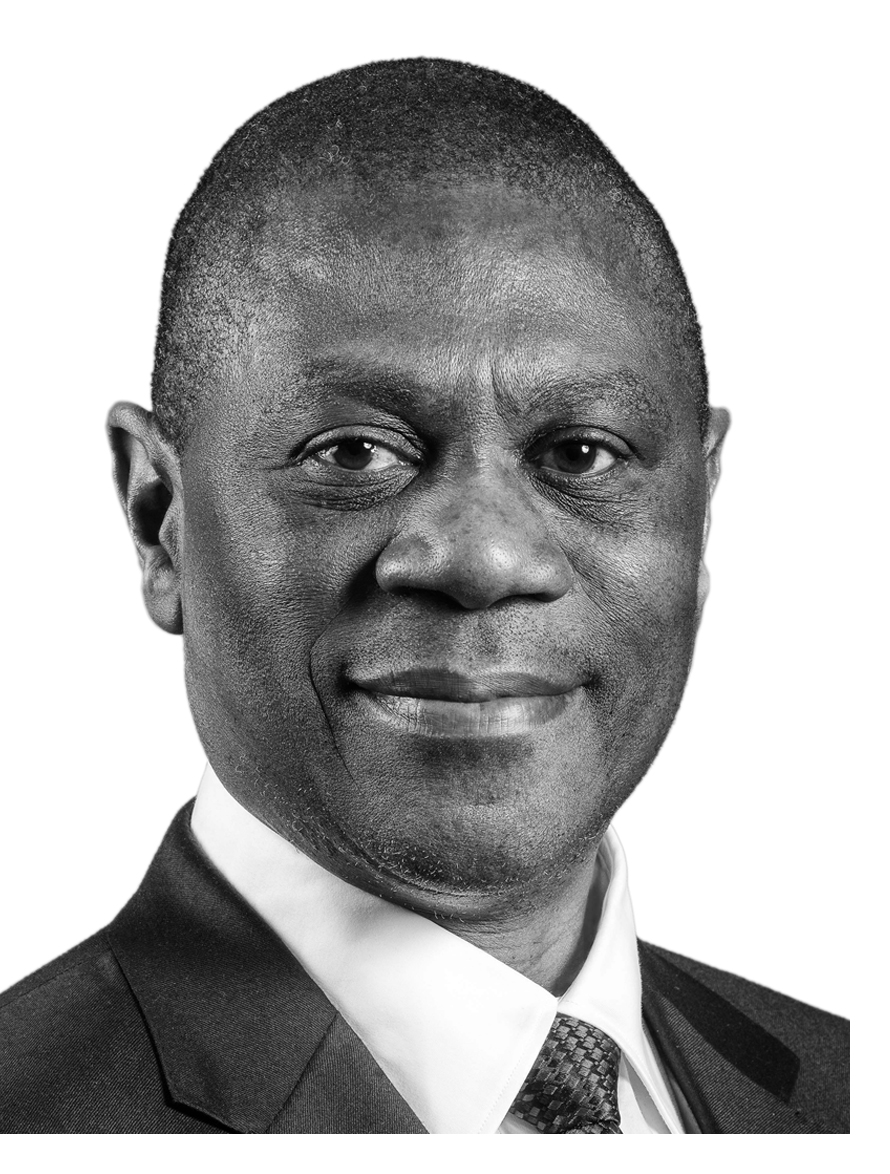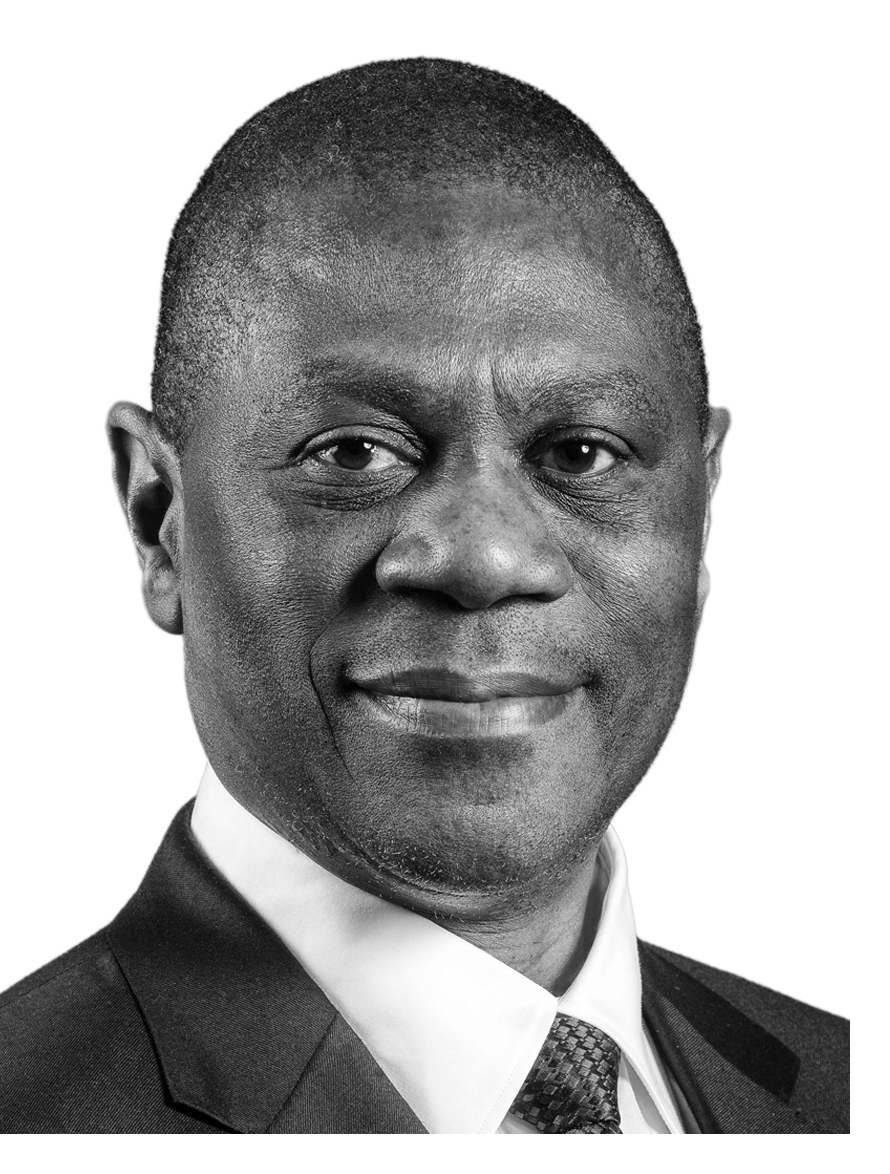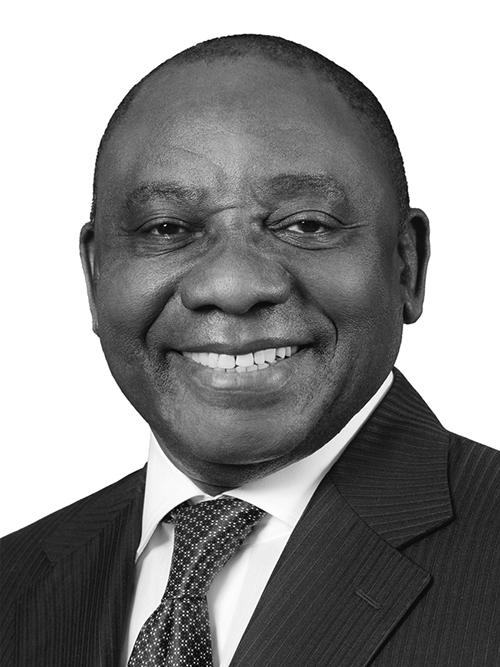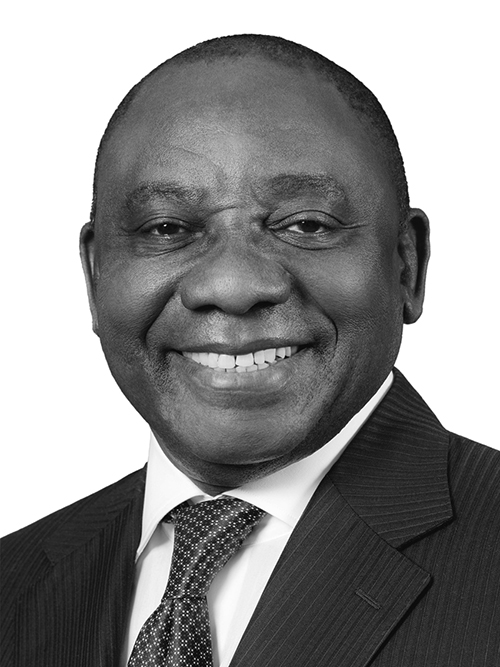Programme Director, Deputy Minister of Water and Sanitation, Mr David Mahlobo;
Minister of Water and Sanitation, Ms Pemmy Majodina;
Deputy Minister of Water and Sanitation, Mr Isaac Sello Seitlholo;
President of the South African Local Government Association, Cllr. Bheki Stofile;
Representatives of the various Water Boards, Management Agencies and the Trans-Caledon Tunnel Authority;
Representatives of the Water Research Commission;
Representatives from Academia and the Research sector;
Local Government Representatives;
Representatives of civil society organisations;
Government Officials;
Distinguished Guests and Delegates;
Ladies and Gentlemen,
Good afternoon!
As we are at the end of this two-day National Water and Sanitation Indaba, I want to express the government’s appreciation for the level of discussions and critical reflections and contributions made by all role-players during this Indaba.
Indeed, you have shown our collective resolve and commitment to tackling and addressing the most critical issues affecting our country, which is water access and quality.
On the first day of this year’s Water and Sanitation Indaba, we heard from President Cyril Ramaphosa, experts, various stakeholders, and activists who have emphasised the necessity of water security, access, and sustainability.
Overall, the discussions emphasised that water is not just a commodity but a vital resource, one that is essential for survival of our communities and households, for businesses to operate, for the economy to grow, as well as being a central element for sustaining life itself.
It is therefore incumbent on all of us, now and into the future, to protect this scarce resource, because failing to do so will result in our inability to advance our developmental and transformation objectives.
From the outset, we all agree that Water is Life!
As the Chairperson of the Water Task Team, which was established to mitigate water crises in municipalities, I have gained direct insight into an array of challenges and constraints impeding access to drinkable water in our communities, including access to critical sanitation service provision.
Moreover, as the Water Task Team, we have set ourselves an urgent task of intervening and resolving these challenges, whilst at the same time, taking communities into confidence by not shying away from directly engaging the public on these issues.
Ladies and Gentlemen,
Access to safe drinking water and sanitation is recognised as a basic human right by the United Nations and is essential for health, dignity, and the well-being of all. In South Africa, this fundamental human right is enshrined in our Constitution.
Given that we are in Human Rights Month, it is also an appropriate moment to consider the advancements achieved and draw attention to obstacles we have faced in the delivery of this basic human right.
ACCESS TO WATER 1994
Since the end of apartheid in 1994, South Africa has made significant progress in the provision of water services to its citizens. Government has been working to increase access to clean and safe drinking water for all households.
Some of the key achievements in the provision of water services in South Africa since 1994 include:
● The implementation of the National Water Act in 1998, which aimed to ensure the sustainable use and management of water resources.
● The rollout of infrastructure projects to provide water and sanitation services to under-served communities, especially in rural areas.
● The enactment of legislation such as the Water Services Act and the National Water Services Amendment Act to regulate water services and protect the rights of water users.
● The increase in the number of households with access to improved water sources, from around 60% in 1994 to around 82.4% of South Africans having access to clean drinking water in 2022.
Despite these achievements, as this Indaba has considered, there is consensus that there are still challenges that persist in achieving universal water services, especially in the remote parts of our country.
It should therefore not be business as usual, when we currently have 19 percent of the rural population lacking access to a reliable water supply, and 33 percent that do not have basic sanitation services.
It should not be business as usual while rural communities suffer the most with over 26 percent of all schools and 45 percent of clinics lack access to water.
The Blue Drop Report paints a grim picture of the country's drinking water quality and infrastructure. The audit report revealed that the quality of the country's drinking water is deteriorating.
Through various engagements with municipalities during our DDM oversight visits to provinces, the Water Task Team found that one of the biggest difficulties in accessing quality drinkable water is the inadequate infrastructure for water reticulation and sanitation, resulting in the unreliable availability of clean water.
These are not new findings!
However, at this critical juncture and as one of the more immediate priorities of this administration, our resolve is to focus our efforts on improving implementation of our infrastructure delivery and improvement plans.
In this Indaba, a number of speakers have highlighted the challenges in issues affecting the provision of water such as aging infrastructure, water scarcity, pollution, and inequality in access to services.
INTERVENTIONS TO CHALLENGES
As the Water Task Team and supported by the various implementing departments, our philosophy is to focus on improving the speed of execution and finding solutions to the ongoing challenges. Our aim is to strengthen municipal service delivery outcomes, notably their ability to provide essential services.
This was also one of the key areas of agreement which emerged from our engagement earlier this year with the South African Local Government Association during their National Executive Committee’s Lekgotla.
Compatriots,
Together, we must ensure that we avoid a potential water crisis and that we can provide reliable and quality water throughout the country. This also means that spheres of government must have an integrated approach to ensure that everyone has access to sufficient, clean and safe, physically accessible, and affordable water for personal and domestic use.
Our collective oversight and accountability across all spheres of government can yield the desired impact!
When the oversight and proactive engagement processes are cross-sectional, we are better equipped to view the performance of all spheres and collectively respond.
It is for this reason that the institutionalisation of the DDM as an operating model for energising the cooperative governance system can never be underestimated.
It is through partnership that we can speedily address the bottlenecks of service delivery and be accountable to each other and the people in our communities. Government continues to work towards addressing these challenges through various programmes and initiatives aimed at improving water service delivery and ensuring water security for all citizens.
As you might have heard yesterday when I was responding to a question on water issues in Parliament, I noted that the Water Task Team, in collaboration with the Department of Water and Sanitation, the Department of Cooperative Governance, MISA, the National Treasury, and the Infrastructure Fund, has developed intervention strategies to support various municipalities to improve their water and sanitation services.
As part of addressing funding gaps and challenges, the Department of Water and Sanitation has set-up a Water Partnerships Office that assists municipalities to contract for public-private partnerships. A significant vehicle for achieving this is the Infrastructure Fund, which serves as a blended financing instrument aimed at making infrastructure projects attractive for private sector investment.
In addition, President Ramaphosa has already directed that we finalise the establishment of the National Water Resource Infrastructure Agency, one of the most significant reforms coming to the sector to date.
The establishment of the National Water Resources Infrastructure Agency has been a critical initiative that we must all support to enable our country to expand bulk water infrastructure and improve the management of existing water assets, as part of ensuring water security.
We also hope that this Indaba was able to move towards an urgent and high-level national turnaround plan on water security that is firstly aligned to the Government of National Unity’s Medium-Term Development Plan 2025 to 2029, and secondly, as the President said, a plan that will harnesses the momentum of the reforms already taking place in the sector.
Ladies and Gentlemen,
We must continue to be deliberate in our efforts to tackle the ageing infrastructure, which immensely compromises the reticulation of drinkable water supply.
We must also increase investment in the maintenance and construction of water infrastructure. To date, the Infrastructure Fund has secured R23 billion for seven large water infrastructure projects.
As the President has stated during his recent State of the Nation Address, we have ended delays in major water infrastructure projects which include Phase 2 of the Lesotho Highlands Water Project and the uMkhomazi Dam. Work is also underway to prepare for construction of the Ntabelanga Dam on the uMzimvubu River to supply additional water for domestic use and for irrigation in the Eastern Cape Province.
The Department of Water and Sanitation heeded the call of the Presidential Employment Stimulus, and one such initiative is the institutionalisation of Labour-Intensive Construction methods employed by municipalities in the implementation of municipal infrastructure projects to create job opportunities.
Through the Water Services Amendment Bill, we will introduce a licensing system for water service providers and remove licenses where providers do not meet the standards for quality drinking water.
Moreover, the 2025 Budget, echoes Government’s commitment to prioritise local government reforms, recognising that municipalities are at the frontline of water and sanitation service delivery. Such reforms by the Government include ring-fencing revenue from water services to fund infrastructure improvements, and creating financial incentives for municipalities that meet service delivery targets.
We also need to continue paying attention to the unequal distribution of water resources. While the Department of Water and Sanitation and CoGTA have made significant progress to tackle this issue.
Together, we have to come up with rapid but long-lasting solutions that will standardise and improve the sustainable supply of water across the country.
Our collaborations as the Water Task Team are important to support and strengthen the municipality as it is after all at the coalface of service delivery. According to Section 154 of the Constitution, national and provincial governments must bolster the capabilities of municipalities in managing their affairs and carrying out their functions.
It is therefore imperative that municipalities do not fail to implement their constitutional obligations, particularly as they pertain to the provision of water and sanitation. As we close this Indaba, our intentions must be clear and targeted at providing water and sanitation to communities most affected.
Both the President and Minister of Water and Sanitation have stressed the need to deal effectively with the criminal networks who manipulate water shortages for profit, tampering with infrastructure to sell water to desperate communities.
Through improving infrastructure and enforcing proper monitoring mechanisms, we can eliminate opportunities for these mafias to thrive.
Furthermore, the culture of non-payment for water services has become a major obstacle to municipal sustainability. Ratepayers and businesses defaulting on payments create a chain reaction that destabilises the entire water supply system.
As part of a sustainable, long-term solution, we must intensify our work with municipalities to improve revenue collection, curb illegal connections and water wastage, and promote financial self-sufficiency and accountability in local governance.
By reinforcing these measures alongside strategic infrastructure investment, South Africa can secure its water future, ensuring access for all and safeguarding economic growth.
It is our belief that if we combine our efforts, we will be able to overcome a range of challenges that were highlighted during this Indaba.
We also need to explore new technologies, policies, and partnerships that have the potential to drive positive change in our communities and beyond.
Our work does not end here!
It is imperative that we take the momentum and energy from this Summit and turn it into concrete action. We must continue to collaborate, advocate for change, and implement solutions that will secure a water-secure future for generations to come.
I urge each and every one of you to carry forward the spirit of this Indaba in your work, in your communities, and in your daily lives.
Therefore, the resolutions of this Summit should be implemented in full and with speed. If we don’t implement them, we will not be able to achieve what we have set out to change.
Without action, all our intended objectives will be in vain.
Let us continue to work together towards a sustainable water future.
With every action that we take, we must always keep in mind that water is indeed life.
On behalf of President Cyril Ramaphosa and the whole Government of the Republic of South Africa, I now officially declare the 2025 National Water and Sanitation Indaba closed!
I Thank You!










